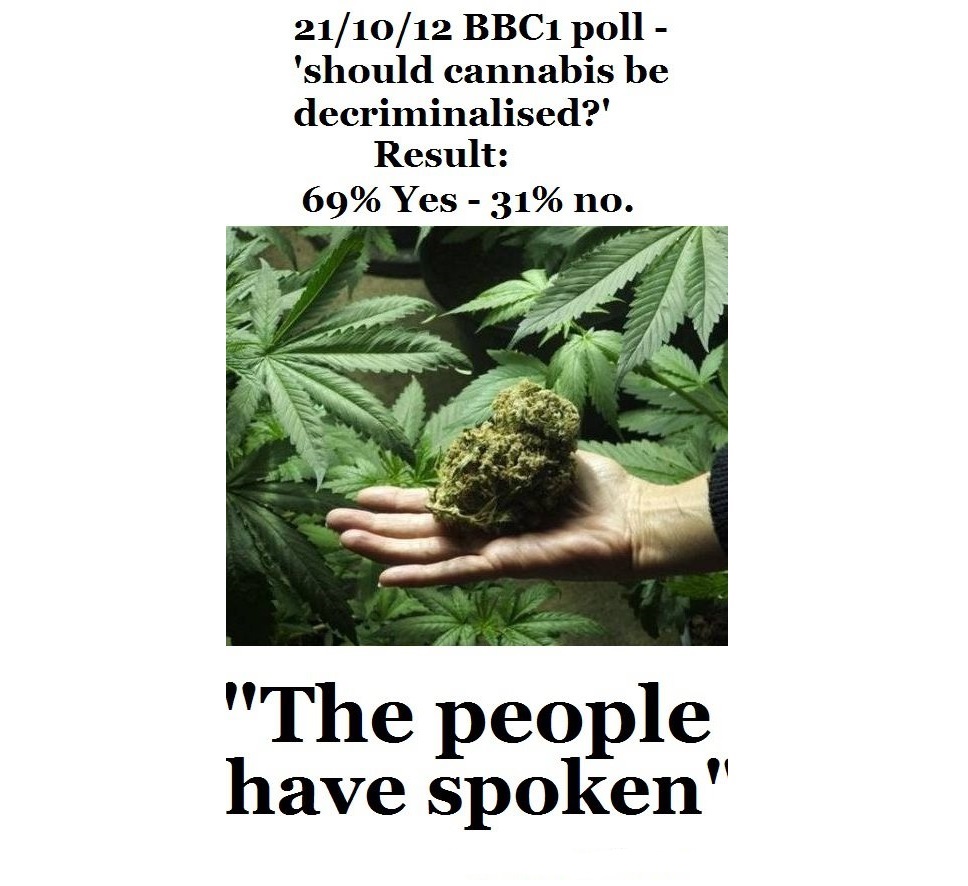Many people say that cannabis is not addictive. For some other it definitely is. Perhaps a distinction can be made between addictive and habit-forming, because, unlike “hard” drugs such as cocaine or heroin, the type of dependency that a cannabis user experiences is much different, and much less destructive. For an example of a mild effect of cannabis dependency, users are likely to develop sleep disorders requiring them to use in order to experience restful sleep.
Cannabis addiction is primarily psychological, not physical, meaning that one’s physical health is not jeopardized by quitting usage. For a long time cannabis user, quitting can be difficult, but, again, the negative effects are largely psychological, and not all that dangerous or likely to induce manic or criminal behavior in order to find a fix.
So there is the one side with the negative “toxic” effects of smoking cannabis but also there is the other side about how consuming cannabis can treat well to humans (even smoking it) or can help to cure from a large range of ailments (with many diseases and illnesses such as cancer, autism, fybromyalgia, epilepsy, multiple sclerosis, and evenADHD) even the cure for cancer.
It’s almost too taboo to discuss: pregnant women smoking marijuana. Dr. Melanie Dreher’s scientific study subjected Jamaican ganja smoking. One of the most exhausting studies is Ganja in Jamaica—A Medical Anthropological Study of Chronic Marijuana Use by Vera Rubin and Lambros Comitas, published in 1975. Unfortunately for the National Institute of Mental Health’s Center for Studies of Narcotic and Drug Abuse, the medical anthropological study concluded:
Despite its illegality, ganja use is pervasive, and duration and frequency are very high; it is smoked over a longer period in heavier quantities with greater THC potency than in the U.S. without deleterious social or psychological consequences [our emphasis].
Also cannabis has an incredible ability to regulate emotional behavior and may be the most reliable medicinal plant available as a therapeutic target for the treatment of anxiety and depressive disorders and many other illnesses with researchers discovering that marijuana-like chemicals trigger receptors on human immune cells that can directly inhibit a type of human immuno-deficiency virus (HIV) found in late-stage AIDS.
In highly concentrated forms (such as EATING CANNABIS OIL) it turns out THC will attack any mutated cells in your body while strengthening and rejuvenating the healthy cells with many scientific studies proving how cannabis oil can prevent and even if cure cancer.
Finally if you want to avoid the toxicity of smoking cannabis you can try vaporizing it. Vaporizing cannabis allows the active ingredients to stimulate the body’s natural immune response and significantly reduces the ability of infections to spread. Vaporizing cannabis (especially with very high amounts of cannabinoids) opens up airways and sinuses, acting as a bronchodilator. It is even a proven method to treat and reverse asthma.
In conclusion, as a method to get high or chill consuming marijuanna/cannabis/weed/pot is a far healthier way than consuming other legal drugs like alchohol or tobbacco and if you don’t smoke it but consume it with the other healthier mentioned methods (like eating cannabis oil) then the negative effects are really less than the positives.
The ancient-greek proverb says : “Moderation is excellence”{μέτρον ἄριστον (métron áriston) } :On occasions where neither too much nor too little is a good choice, as when eating or celebrating. Cleobulus, according to Diogenes Laertius. So according to this philosophy we insist you the “fair” use of marijuanna occassionally, limitting the addiction, enjoying coolness and chilling your mind. By Jonah Winter, Truth Inside Of You
By Jonah Winter, Truth Inside Of You










